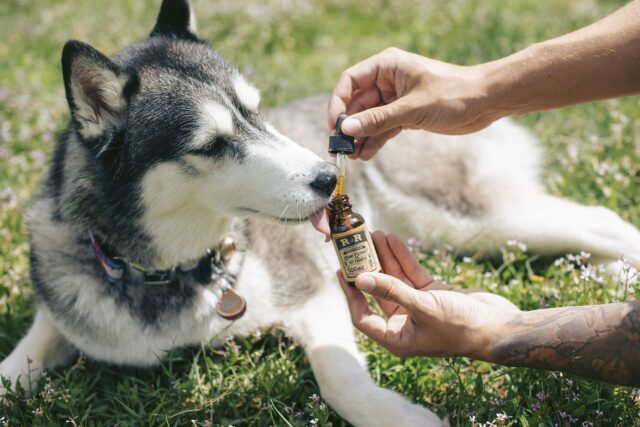
As the movement to legalize cannabis continues to gain momentum in the United States, a growing number of people are becoming curious about the physical and mental health benefits that cannabis-based products could provide to both humans and animals. As CBD research continues to unlock the compound’s full potential as medicine, there are studies suggesting the application of CBD to pets, especially cats and dogs. Sure enough, a market for CBD-based pet products has flourished.
Nonetheless, even as interest in such products among pet owners continues to increase, there are still questions that need to be answered: What is CBD for pets and how can we make the most of it? What are the laws that we need to learn before administering CBD products? Considering that research into CBD is still in its infancy, it’s important for pet owners to learn more about introducing their furry friends to the wonders that cannabis could bring. Here are a few things you will need to keep in mind:
Depending on your location, vets may not be allowed to prescribe CBD
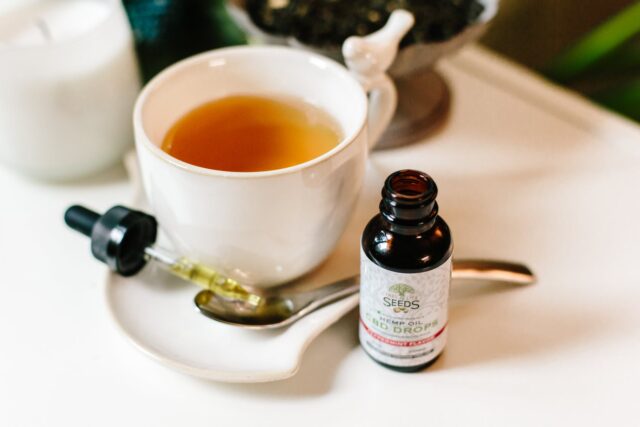
It is important to know that products extracted from cannabis are still subject to strict regulations. After all, cannabis-based products, including CBD oils, are still listed under Schedule 1 of the Controlled Substances Act. This means that doctors (including vets) are not allowed to write prescriptions for the use of CBD products. Most states even prohibit doctors from discussing CBD as a treatment option.
So far, it is only in California that the use of CBD can be freely discussed. While vets are not allowed to prescribe administering CBD products to pets, they could at least talk about it as a potential option. You need to consider your location before considering using CBD on your dog or cat.
The Food and Drug Administration has not approved CBD products, except for one
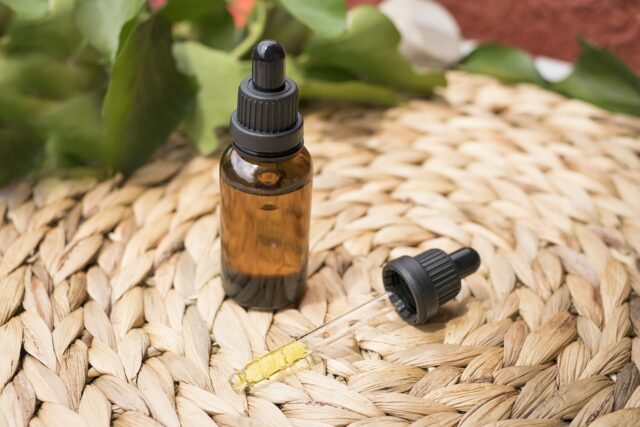
Despite the fanfare that followed the legalization of cannabis in Colorado and California, cannabis products are pending approval from the FDA. Only one product has been given the green light for its effectiveness in treating seizures associated with Lennox Gastaut syndrome and tuberous sclerosis complex.
Noting the fact that CBD products are still subject to validation, the agency has cautioned the public about the possible side effects of consuming CBD. These include liver damage and neurological impairment. The FDA has also cited studies pointing out CBD’s adverse effects on animal fertility.
While you may be excited by the thought of giving CBD to your cat or dog, you still need to be careful when you come across cannabis products that are marketed as pet-friendly. Be sure that you conduct extra research so you can settle for a product that’s clinically safe for animals.
CBD could help ease anxiety and epilepsy in dogs
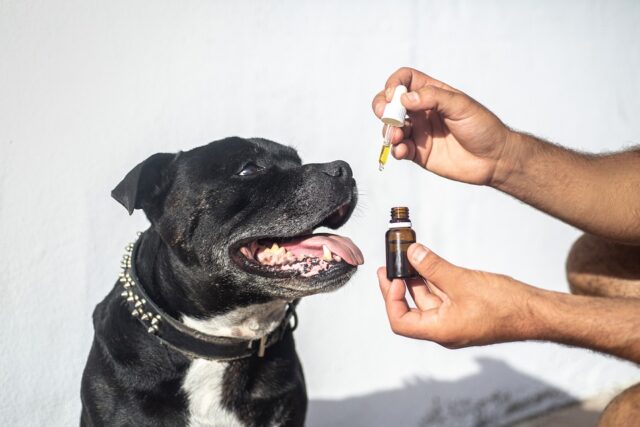
Despite the need for further study on the application of CBD for pets, there has been research that looks into CBD’s potential in treating anxiety and seizures in dogs. In recent years, researchers from Cornell University and Colorado State University have doubled down on the possibility of using CBD on cats and dogs. Studies from CSU, in particular, presented promising results in the use of CBD to treat idiopathic epilepsy, regarded as the most common neurological condition affecting dogs.
Initial trials saw a significant reduction in the occurrence of seizures among dogs that were administered with hemp-based CBD products that contain little THC. Although the results remain inconclusive, these could support follow-up studies that will eventually result in CBD products approved for veterinary practice.
Ask for a COA every time you buy CBD products
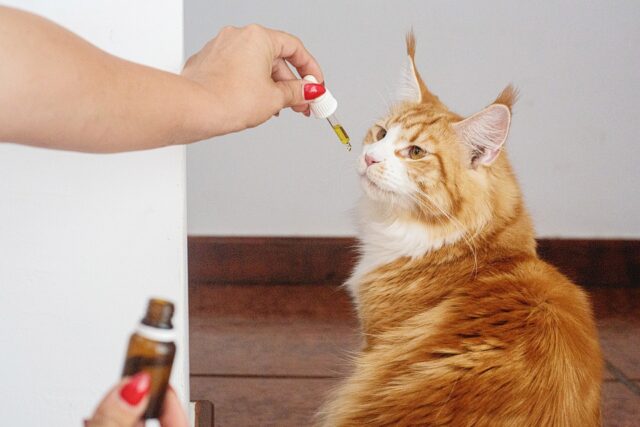
While doctors and vets are not allowed to issue CBD prescriptions, this shouldn’t keep you from buying CBD products for your pet. Still, any responsible owner wouldn’t expose their pets to the potential dangers that CBD could bring. Dogs and cats may overdose from being exposed to cannabinoids, so it’s important to know how much your pet could tolerate.
It may be difficult to ascertain for now, but it’s always best to ask for advice from the vet. Once you have a good idea of which cannabinoids to avoid, you can shop for CBD products that are marketed as non-toxic. It’s important to ask how much CBD is contained in a single drop of tincture or other related products. You’ll need to ask for a certificate of analysis or COA from a supplier or dispensary. This document provides you with all the information you need about the amount of CBD, THC, and other cannabinoids that are present in a single product.
Be wary of fakes and stay vigilant
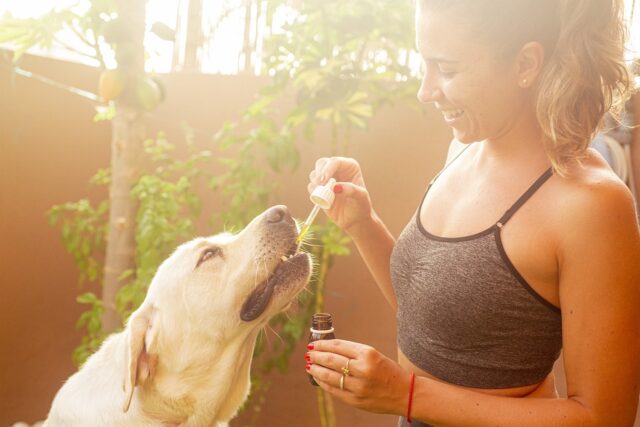
CBD for pets holds a great deal of promise for pet owners. However, considering that there has yet to be standardized practices over how CBD should be manufactured and marketed, it is easy to fall for fakes.
Your best defense against the risk of giving your cat or dog the wrong product is to check the label. If the product is cheaper than other brands and lacks consumer information on the package, it’s best to avoid it. If it does show details regarding its chemical content and the levels of THC and CBD it contains, then you might need to look a little further. Does it contain information on dosage? Does the label mention whether the product contains full-spectrum or broad-spectrum CBD? Does it include ingredients that shouldn’t be mixed with CBD?
The life and health of your pet will depend on your choices, so it’s always best to settle for a product you can trust. For that, avoid buying a CBD product out of impulse. It won’t hurt to learn more about the product online and ask for advice from fellow pet parents who bought them.
There is a lot more you need to learn about using CBD for pets. After all, we all want the best for our fur babies, so it’s important that we be responsible enough when it comes to exposing them to oils, treats, and other types of products.









